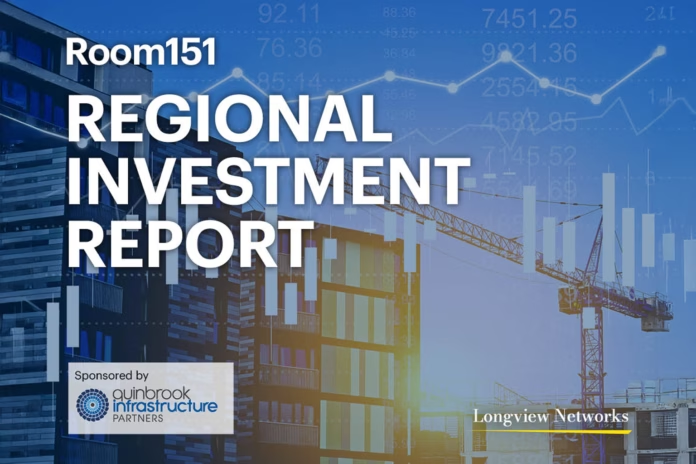
As climate change protestors take over central London, a report has accused local government pension schemes of dragging their feet in divesting from oil, gas and fuel investments. Chris Smith investigates.
In decades past, fossil fuels have been a safe place to put a chunk of the estimated £280bn from LGPS funds due to guaranteed demand from the public.
Investments in oil companies have played a major role in helping schemes meet their legal duty to achieve the best return possible for their members.
Changes in legislation have started to change that picture.
Funds must now put more focus on the environmental, social and governance (ESG) considerations of their investment decisions.
This week, however, a report presented to the LGPS Scheme Advisory Board (SAB) warned: “Scheme members of the LGPS have no representative governance role in the investment decision making of the LGPS but are becoming increasingly concerned that their pension contributions are not being used to good effect in respect of reversing climate change or the rights of workers in the companies in which their fund holds shares.”
So are funds moving too slowly on ESG issues, and if so, why?
Since November 2016, a number of changes have impacted on the governance and investment strategy of LGPS administering authorities.
Each LGPS administering authority was required to produce an Investment Strategy Statement (ISS) by 2017 setting out the selection, non-selection, retention and realisation of investments plus the authority’s policy on the exercise of the rights (including voting rights) attaching to investments.
Under new legislation that came into effect in January this year, trustees are required to have updated their statement of investment principles (SIP) by October 2019 – specifically setting out how they are tackling climate change investments.
The report presented to the SAB, by the Unison union and campaign group ShareAction, reviewed the strategy statements of the 88 LGPS funds in England and Wales in order to measure the progress made so far.
Their report, Analysis of the Investment Strategy Statements of the LGPS Administration Authorities, argued more could be done.
- Climate change has been recognised as a material risk by 29 funds (32%);
- 10 funds (11%) referenced reducing exposure to fossil fuel investments in response to the risk associated with climate change;
- 19 funds (21%) specifically outlined approaches to investing in low carbon alternatives;
- Only three funds (2%) had progressed disclosure across the key ESG issues.
The report’s recommendations included strengthening guidance and producing statements explaining why voting rights had been given to managers.
It also called for best practice to be shared and for the changes to pooling systems to be used as an opportunity to decarbonise LGPS investment strategies.
Challenges
The move to ethical investment holdings is not easy as even stock market firms and funds get it wrong, especially in the fast-moving world of today.
The Volkswagen emissions scandal erupted out of nowhere in an era where corporate reporting is supposed to be under huge media and investor scrutiny.
People who thought they were safe to invest in the same assets as sovereign wealth funds from the Middle East could now find themselves being challenged because of human rights abuses.
Funds also remain bound by the statutory demand that a pension authority has the primary responsibility to secure the best returns for the fund in the interests of its council taxpayers and its members.
Avon Pension Fund was named by Unison as a leader in best practice but admits there is “a very difficult balancing act to achieve” especially in the current volatile economic times.

It said: “As a long-term investor, the fund recognises climate change and the shift to the low carbon economy as one of the risks to the value of the assets in the investment portfolio.
“The fund will seek ways to mitigate that risk where it can afford to do so, also recognising that not all risk is negative, as risk can also create investment opportunities.”
So what are these opportunities that can deliver long-term return and environmental protection?
Avon points to the shift to the low carbon economy – and particularly to renewable energy.
In 2017 the fund made a commitment to invest in renewable energy and has now begun deploying this capital by committing £115m – 2.5% of its assets – to renewable infrastructure funds through its partnership with its LGPS pool, Brunel Pension Partnership.
At the same time, it has reduced its carbon exposure by investing around £450m of its assets in a global equity low carbon fund and extended its UK-focused, socially responsible investment portfolio to cover global stocks.
By last year its equity holdings had a 28% lower carbon emissions-to-revenues footprint than the equivalent equity index.
“Delivering sustainable financial returns is core to Brunel’s approach,” said Faith Ward, Brunel’s chief responsible investment officer.
The LGPS advisory board is already taking action; directly cutting carbon by making its best practice available on the web rather than in paper form.
It is also sharing the best practice highlighted in the Unison report with members.
A paper with further recommendations will go to the board later this year.
But the approach – in line with an organisation that takes a long view – will be evolution not revolution.
The board said at its most recent meeting: “Guidance could explain responsibilities that were moving to LGPS pool companies whilst recognising that fiduciary duty remained with LGPS administering authorities.”












